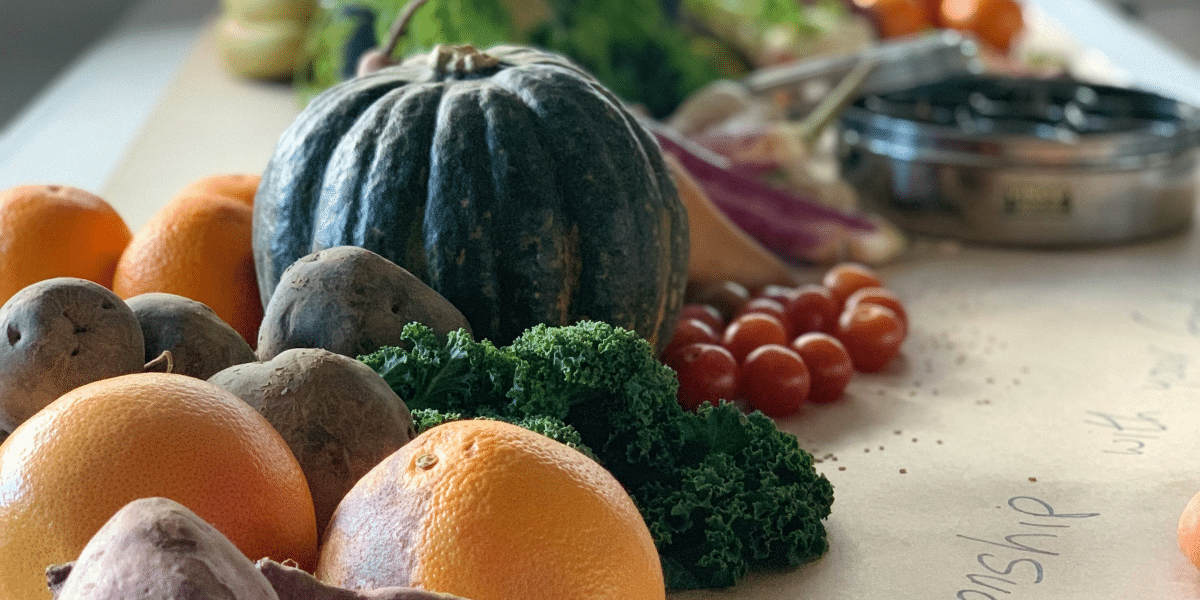As the seasons change, so does the produce at your local market. The benefits of seasonal produce extend beyond just fresher and tastier food; they impact our health, environment, and economy in significant ways. Embracing seasonal produce can transform our diets and lives, providing myriad benefits that go unnoticed when we rely on out-of-season imports.
Health Advantages of Eating Seasonally
Eating seasonally means consuming fruits and vegetables at their peak ripeness, which translates to maximum nutritional value. When produce is harvested at the right time, it is richer in vitamins, minerals, and antioxidants. For instance, spring’s bounty includes artichokes, packed with antioxidants and digestive benefits. These nutrients are crucial for maintaining a healthy immune system, preventing chronic diseases, and promoting overall well-being.
Seasonal produce is less likely to be subjected to extensive chemical treatments. Out-of-season fruits and vegetables often require more pesticides and preservatives to survive long transportation and storage times. By choosing seasonal, locally grown produce, consumers reduce their intake of these potentially harmful chemicals, promoting cleaner eating habits.
Moreover, eating a variety of seasonal foods encourages a more diverse diet, which can prevent nutrient deficiencies. Different fruits and vegetables offer unique health benefits, and rotating them with the seasons ensures a well-rounded intake of essential nutrients. This dietary diversity can also reduce the risk of food allergies and intolerances, making seasonal eating a smart choice for maintaining good health.
Environmental Impact of Seasonal Produce
The environmental benefits of consuming seasonal produce are significant. Locally grown, in-season fruits and vegetables require less energy for transportation, reducing the carbon footprint associated with food distribution. This decrease in energy consumption helps mitigate climate change and supports more sustainable food systems.
Additionally, seasonal produce requires fewer artificial inputs such as heating, lighting, and chemical treatments. Growing food in its natural season allows for better resource efficiency and reduces the strain on natural ecosystems. For example, strawberries grown in their natural summer season need less intervention compared to those grown in winter greenhouses, which require substantial energy to simulate summer conditions.
Supporting local farmers by purchasing seasonal produce also helps preserve agricultural biodiversity. Farmers are more likely to grow a variety of crops suited to the local climate, promoting diverse ecosystems and protecting against the risks associated with monoculture farming. This biodiversity is essential for maintaining resilient food systems that can withstand pests, diseases, and changing climate conditions.
Economic Benefits and Community Well-being
Choosing seasonal produce supports local economies and fosters a sense of community. When consumers buy from local farmers, they help sustain regional agriculture, creating jobs and promoting economic stability. This local economic support can have a ripple effect, benefiting other businesses and services within the community.
Farmers’ markets and community-supported agriculture (CSA) programs often provide seasonal produce directly from the farm to the consumer. These direct-to-consumer sales eliminate the middlemen, ensuring that more of the profits go directly to the growers. This financial support allows farmers to invest in sustainable practices and continue providing high-quality produce.
Furthermore, buying seasonal produce can be cost-effective for consumers. When fruits and vegetables are in season, they are abundant and often less expensive due to lower production and transportation costs. This affordability makes it easier for families to incorporate fresh, nutritious foods into their diets, contributing to better public health outcomes.
Community well-being is also enhanced through the social interactions that occur at farmers’ markets and local produce stands. These venues offer opportunities for consumers to engage with farmers, learn about their food’s origin, and build a connection to the local food system. This sense of community and trust can lead to more informed and health-conscious eating habits.
In summary, the benefits of seasonal produce are vast and multifaceted. By embracing the natural rhythm of the seasons, we can enjoy fresher, more nutritious food while supporting our health, environment, and local economies. The next time you visit your local market, consider the seasonal offerings and relish in the many advantages they bring.
Published by: Nelly Chavez










